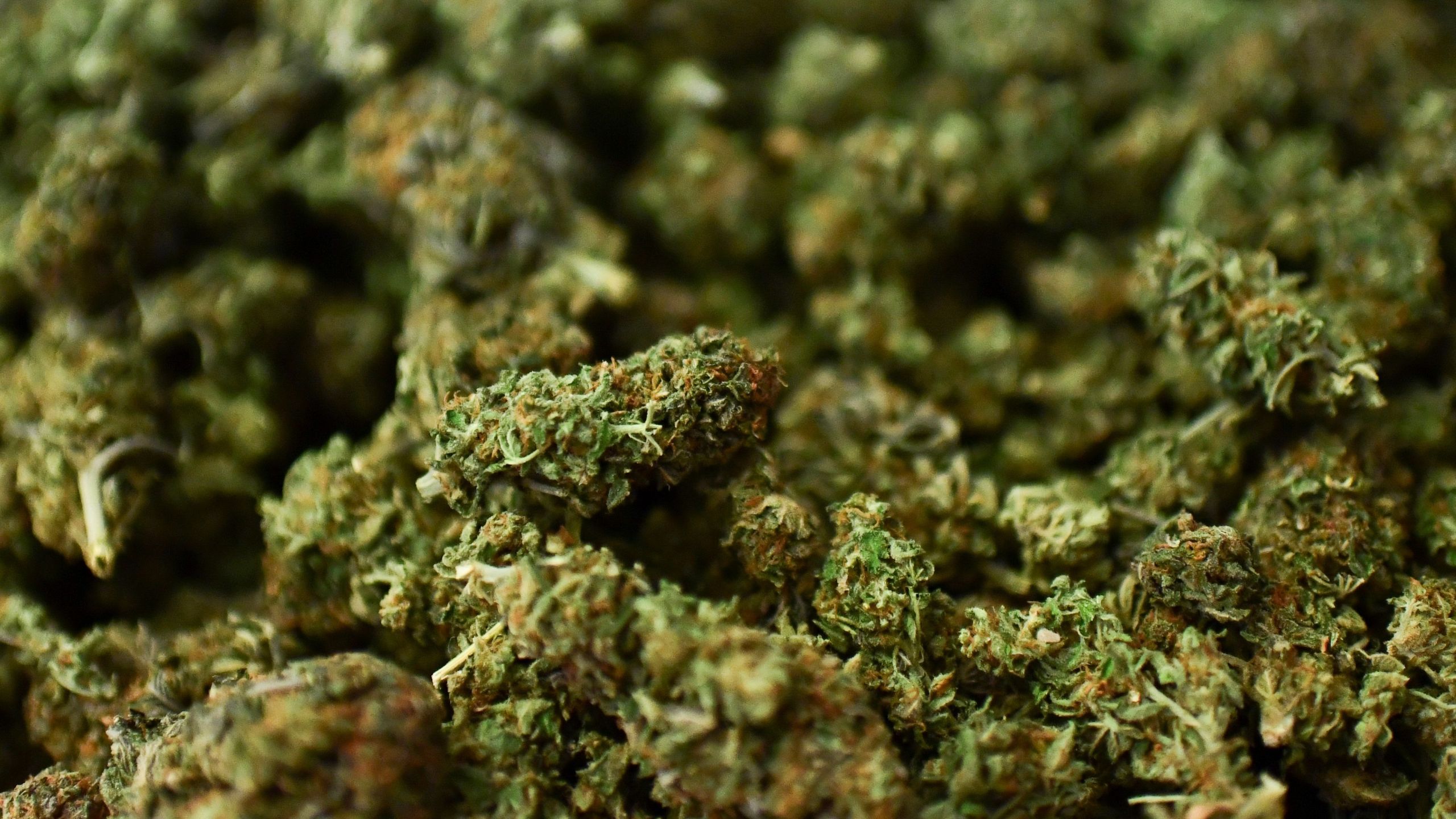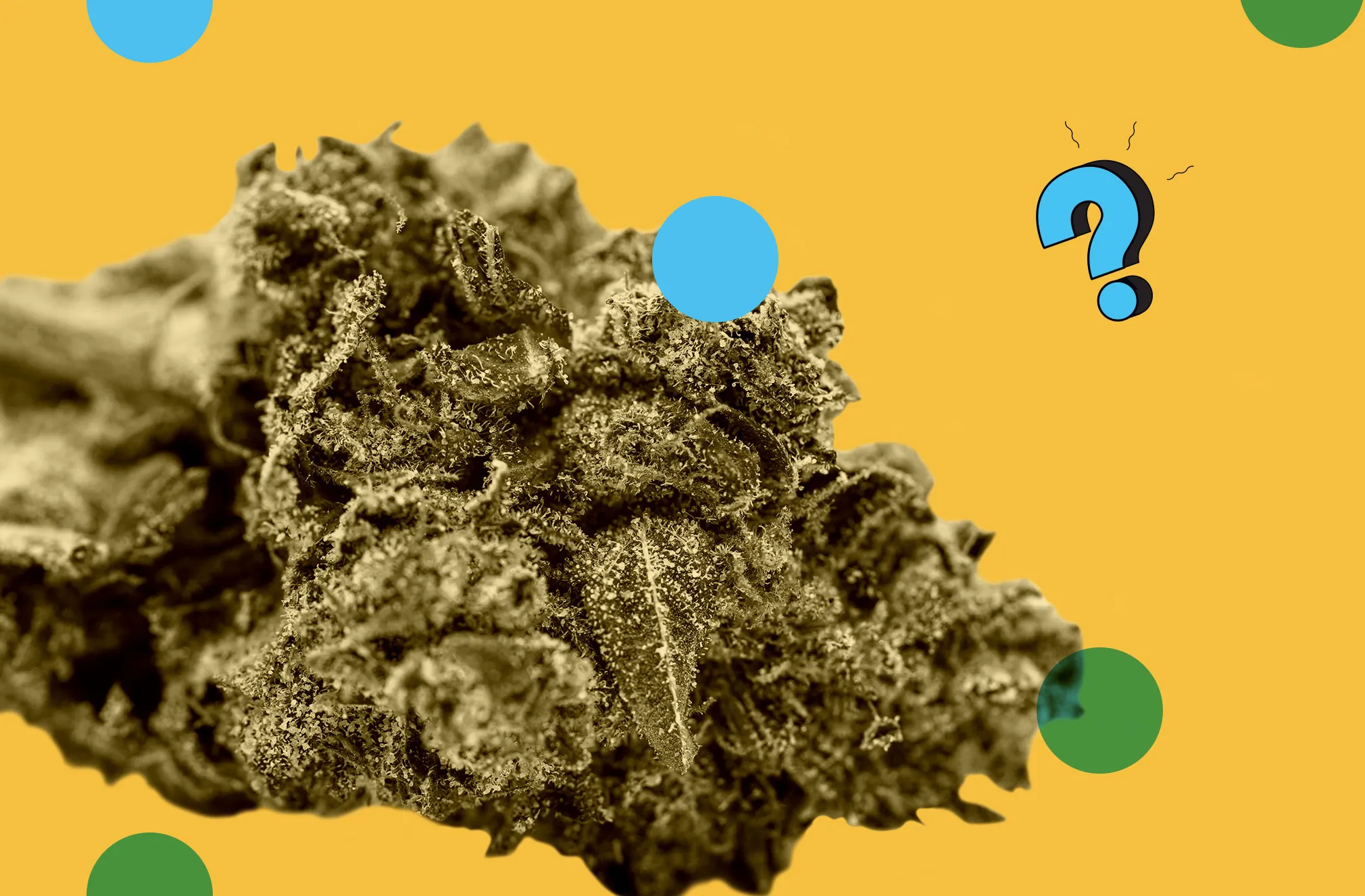
How Delta 9 THC Compares to Traditional THC
Delta 9 THC and traditional THC are both forms of tetrahydrocannabinol, the primary psychoactive compound found in cannabis. While they share similarities, there are also notable differences between the two.
Delta 9 THC is the most well-known and researched form of THC, and it’s the one that’s commonly associated with the “high” experienced from consuming cannabis. It’s found in high concentrations in marijuana plants and is responsible for the majority of the plant’s psychoactive effects.
The Differences in Chemical Structure
One of the main differences between Delta 9 THC and traditional THC lies in their chemical structure. Delta 9 THC has a double bond on the 9th carbon atom in its molecular chain, while traditional THC, also known as Delta 8 THC, has a double bond on the 8th carbon atom.
This slight variation in chemical structure leads to differences in how the two compounds interact with the body’s endocannabinoid system. Delta 9 THC binds more strongly to the CB1 receptors in the brain, resulting in more potent psychoactive effects compared to Delta 8 THC.
Legal Status and Availability
Another significant difference between Delta 9 THC and traditional THC is their legal status. While marijuana remains illegal under federal law, the 2018 Farm Bill legalized hemp-derived products containing less than 0.3% Delta 9 THC.
As a result, Delta 8 THC products derived from hemp have become increasingly popular and are more widely available in states where marijuana is still illegal. However, it’s important to note that the legality of Delta 8 THC is still a gray area and varies from state to state.
To learn more about the difference between delta 9 and thc, it’s crucial to understand their unique properties and how they affect the body differently.
Potency and Effects
When it comes to potency, Delta 9 THC is generally considered to be stronger than Delta 8 THC. This means that consuming products high in Delta 9 THC may lead to more intense psychoactive effects, such as euphoria, altered perception, and increased appetite.
Delta 8 THC, on the other hand, is often described as providing a milder, more clear-headed high. Some users report experiencing less anxiety and paranoia with Delta 8 THC compared to Delta 9 THC.
Conclusion
In summary, while Delta 9 THC and traditional THC share many similarities, they also have distinct differences in their chemical structure, legal status, availability, potency, and effects. As the cannabis industry continues to evolve, it’s essential for consumers to stay informed about the various forms of THC and how they may impact their experience.


